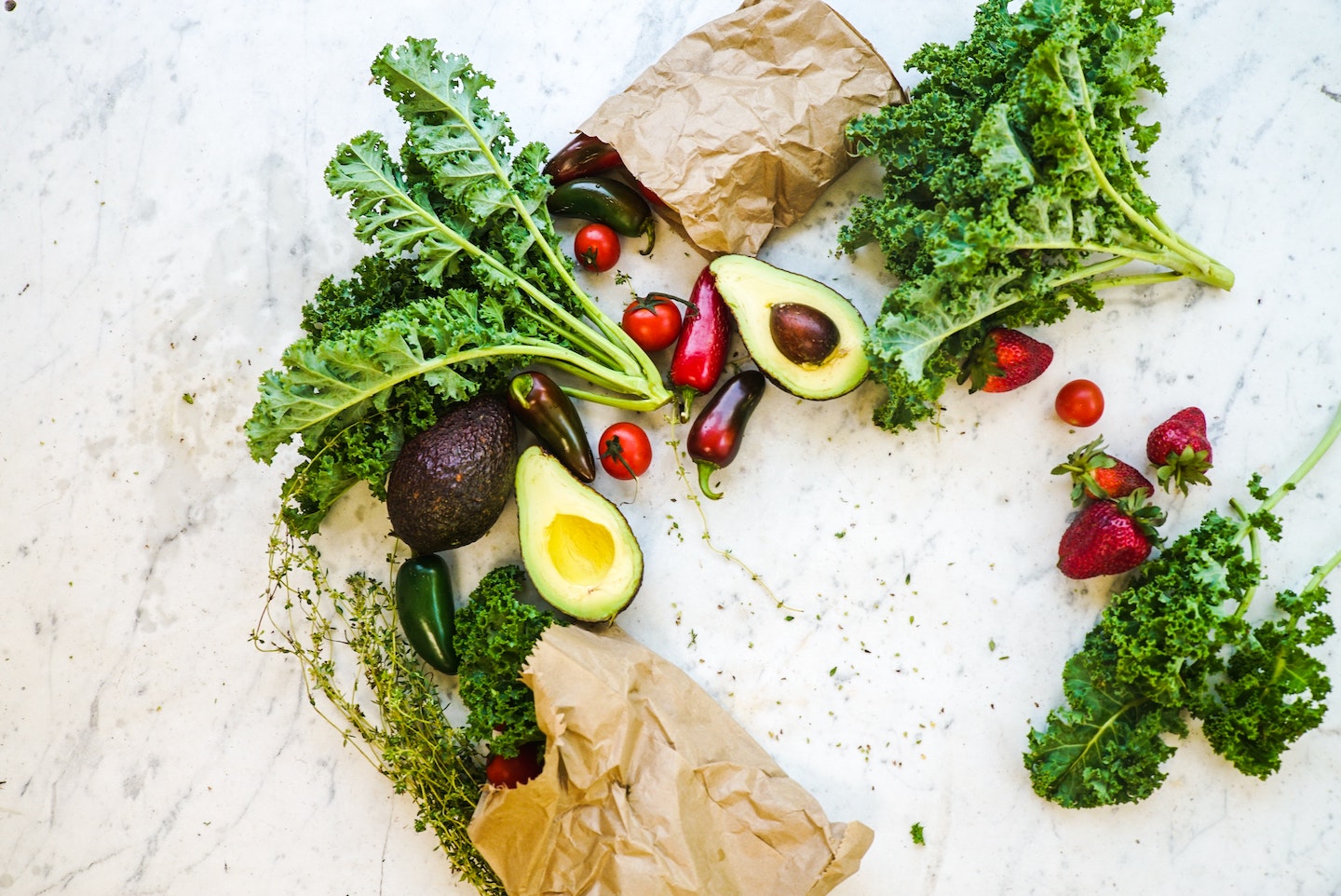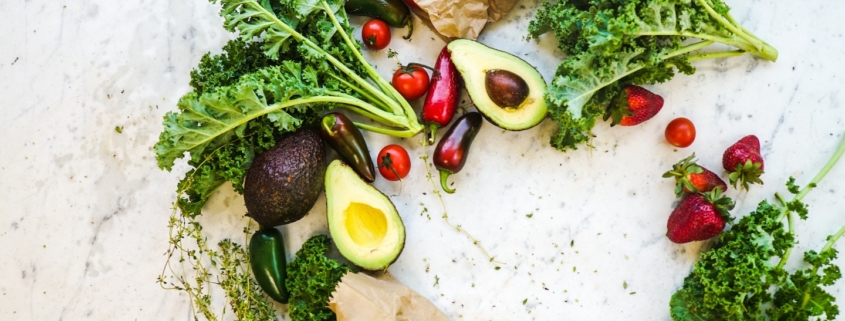Picking the Right Prebiotics
 This time of year is busy for everyone, from school recitals to holiday parties, the social gatherings are never-ending. With such a jam-packed schedule, your regular routine is bound to be thrown off. Waking up in the mornings may be harder, however it doesn’t have to be. Research suggests that regular use of prebiotics can help to realign sleep-wake cycles more quickly.
This time of year is busy for everyone, from school recitals to holiday parties, the social gatherings are never-ending. With such a jam-packed schedule, your regular routine is bound to be thrown off. Waking up in the mornings may be harder, however it doesn’t have to be. Research suggests that regular use of prebiotics can help to realign sleep-wake cycles more quickly.
Other than possibly improving your circadian rhythm, prebiotics has several health benefits. From helping to improve cholesterol levels to improving gut microflora, there are just so many reasons to include more prebiotics into your diet!
Whether you know it or not, you are eating prebiotics every day. Not to be confused with probiotics which are live bacteria, prebiotics is a type of food that feed beneficial microorganisms like bacteria. Prebiotics are found in many common foods and can help improve gut microflora.
Perks of Prebiotics
Your diet is full of prebiotics, and you may not even be aware that you’re eating food that is good for your overall health! Here are just a few of their health benefits:
- Improved Gut Microbiome: Prebiotics are fermented into short-chain fatty acids (SCFA) in the colon by bacteria. This allows the healthy bacteria in the gut to flourish, thus improving the gut microbiome.
- Immune System: Short-chain fatty acids are used in the regulation of the immune and inflammatory response. Prebiotics also stimulate gut-associated lymphoid tissues which help to protect the gut from harmful pathogens.
- Regularity: Prebiotics are a form of fiber, and as you may know fiber is important for regular bowel movements.
- Heart Health: When SCFA are produced, they are transported to the liver where they are used to help lower blood pressure. Prebiotics also help in the absorption of phospholipids, lipids that the body uses for important daily functions, in the gastrointestinal tract.
Picking a Prebiotic
Many foods are natural prebiotics, which means that you don’t need to take a pill to ingest them. Lots of whole foods are considered prebiotics, which is just another reason to eat more fruits and vegetables. Here are just a few common sources:
1. Fruits: All fruits have the potential to be prebiotic. Some common fruits that provide prebiotics in the diet include bananas, apples, and oranges.
2. Whole Grains: Ancient grains such as barley have been making a comeback for a myriad of reasons, including their prebiotic composition.
3. Vegetables: Many vegetables such as mushrooms, asparagus, and chicory are rich in prebiotics.
4. Nuts and Seeds: Add a handful of nuts to your morning cereal to add some more prebiotics to your diet.
Whatever food you decide to eat more of, know that you are doing something good for your body.
Your Turn to Action: What foods with prebiotics do you like to eat? Let me know in the comments below.


Leave a Reply
Want to join the discussion?Feel free to contribute!